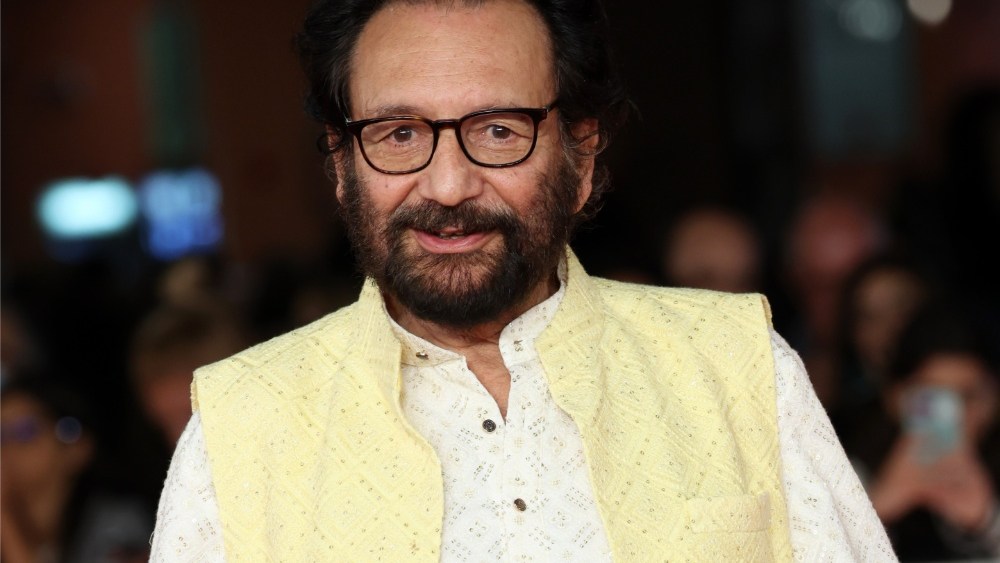Respected filmmaker and International Film Festival of India (IFFI) Festival Director Shekhar Kapur is steering the 56th edition of the Goa-based event into the future with a focus on innovation, audience participation and international co-production opportunities.
In the interview, Mr. Kapoor outlined three key priorities for rebuilding India’s flagship film festival. These include integrating artificial intelligence and emerging technologies into the festival’s infrastructure, transforming WAVES Film Bazaar into a major international market, and positioning IFFI as an audience-centric festival rather than just an industry event.
“As part of WAVES Film Bazaar, we will be hosting an AI hackathon festival,” Kapur said, explaining that they have partnered with Larsen & Toubro and Google to incorporate technology demonstrations throughout the event. “AI is a hugely controversial topic around the world, but AI is very democratic. AI is a completely democratic medium. AI is going to give more tools to more people.”
Festival directors highlighted India’s enhanced production incentive program, with cash rebates increased from 30% to 40% for international productions shot in the country. He cited the British-Indian co-production “Santosh,” which competed for an Oscar nomination as Britain’s official entry, as an example of the program’s effectiveness.
“The producer of ‘Santosh’ actually got 30 per cent back and he said it was the easiest deal he’s ever had,” said Mr. Kapur, noting that a growing number of Indian filmmakers based abroad are taking advantage of incentives to produce projects in India.
IFFI’s co-production marketplace and financing platform, WAVES Film Bazaar, is central to Kapur’s strategy to attract international participants. The event serves as a place where filmmakers can pitch their projects and connect with potential collaborators and funders.
“We want to attract more people to WAVES Film Bazaar,” explains Kapur. “Interactions between filmmakers of Indian or Asian origin who come to make films in India” represent a key growth area for the festival.
Deviating from traditional film festival conventions, Kapoor introduced a Goan carnival-style opening ceremony aimed at involving local audiences and residents. The move reflects his broader ambitions to make IFFI more accessible to the general public, rather than just to industry professionals.
“The International Film Festival of India is the only film festival in the world that is called the Indian Film Festival,” he says, contrasting it with film festivals named after cities such as Venice, Toronto and Tokyo. “The fact is, they actually belong to the city, and there’s a lot of private funding and funding from the city itself, because the city grows with the festival.”
The festival currently attracts about 20,000 attendees, and Kapur predicts that number will reach 50,000 by next year. This number includes not only industry members but also the general audience.
Regarding the program, Mr. Kapur highlighted that this year features what he believes is the strongest lineup in recent years, with 10 films from the festival being submitted by each country as Oscar entries.
“This is probably the best line-up in international cinema,” he says. “We have worked hard to bring the world’s best films to audiences.”
Mr. Kapur acknowledged that IFFI faces challenges in attracting high-profile films to its competition section, as films selected for competition at established film festivals like Cannes generate significant market attention and acquisition interest. But he expresses confidence in the festival’s other strengths, particularly its growing WAVES film bazaar and production incentive initiatives.
The director had committed to a two-year term as festival director, during which he had to take a break from his filmmaking career. The 55th Indian International Film Festival will be held in Goa from November 20th to 28th. WAVES Film Bazaar will be held from November 20th to 24th.

